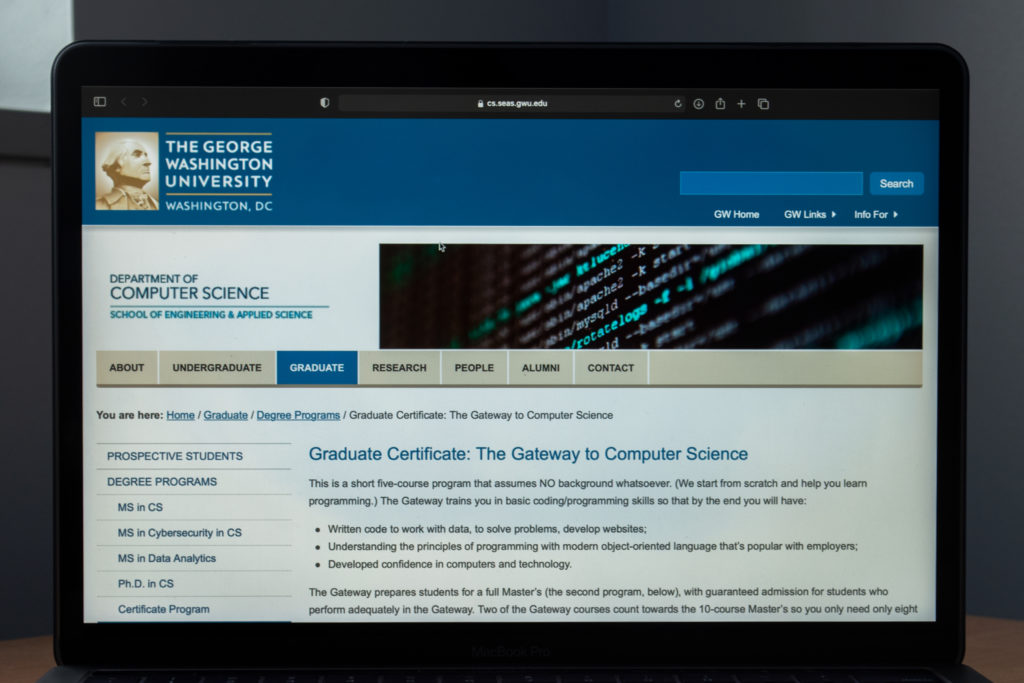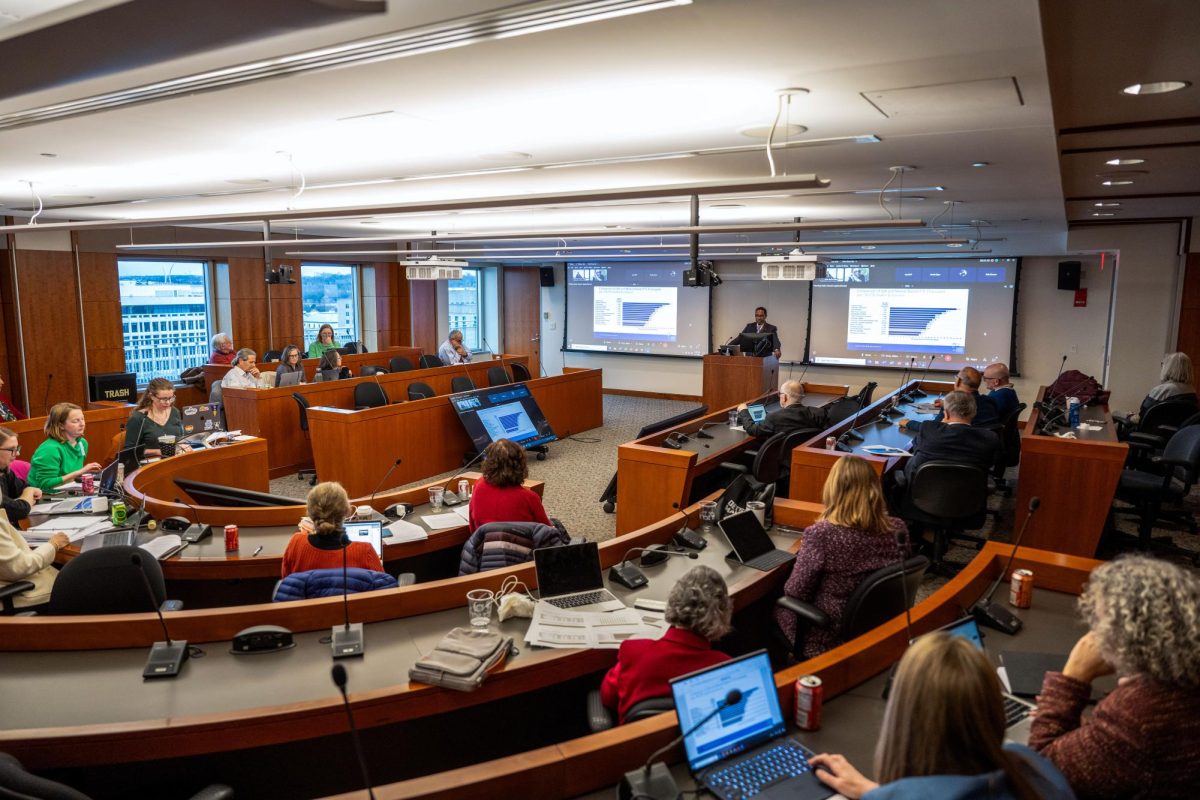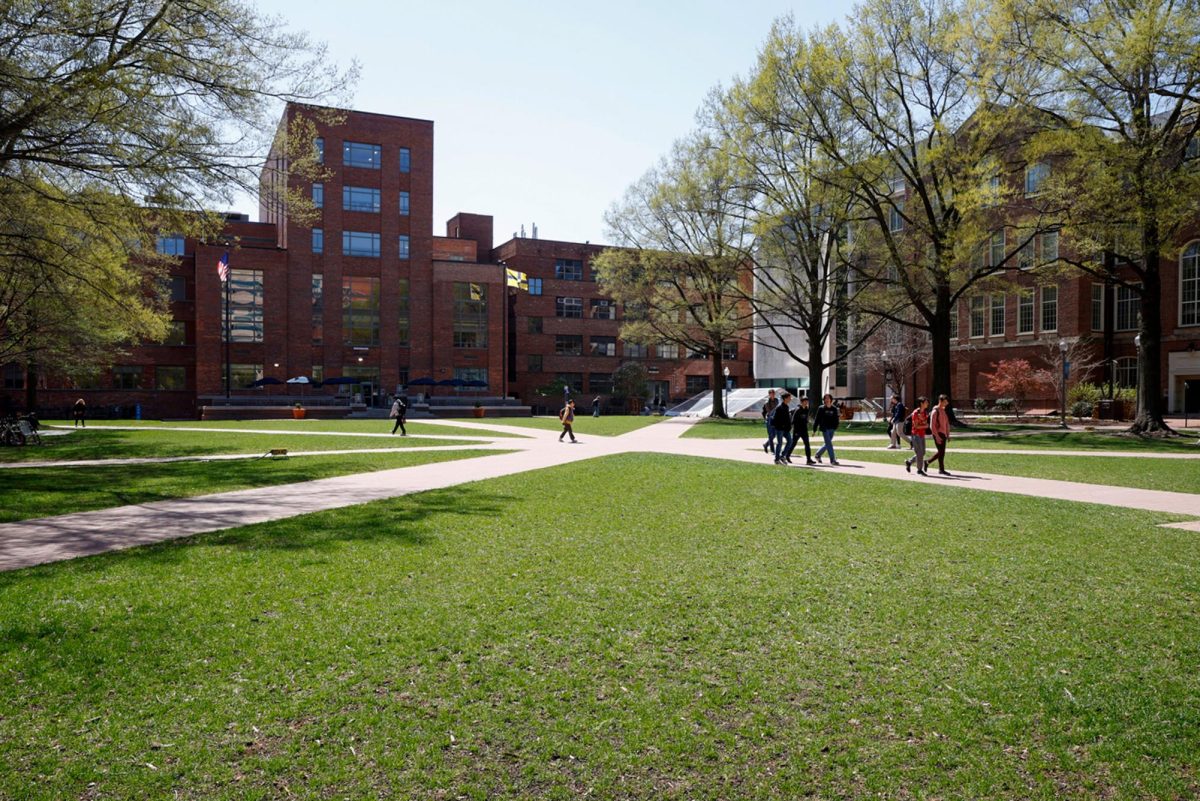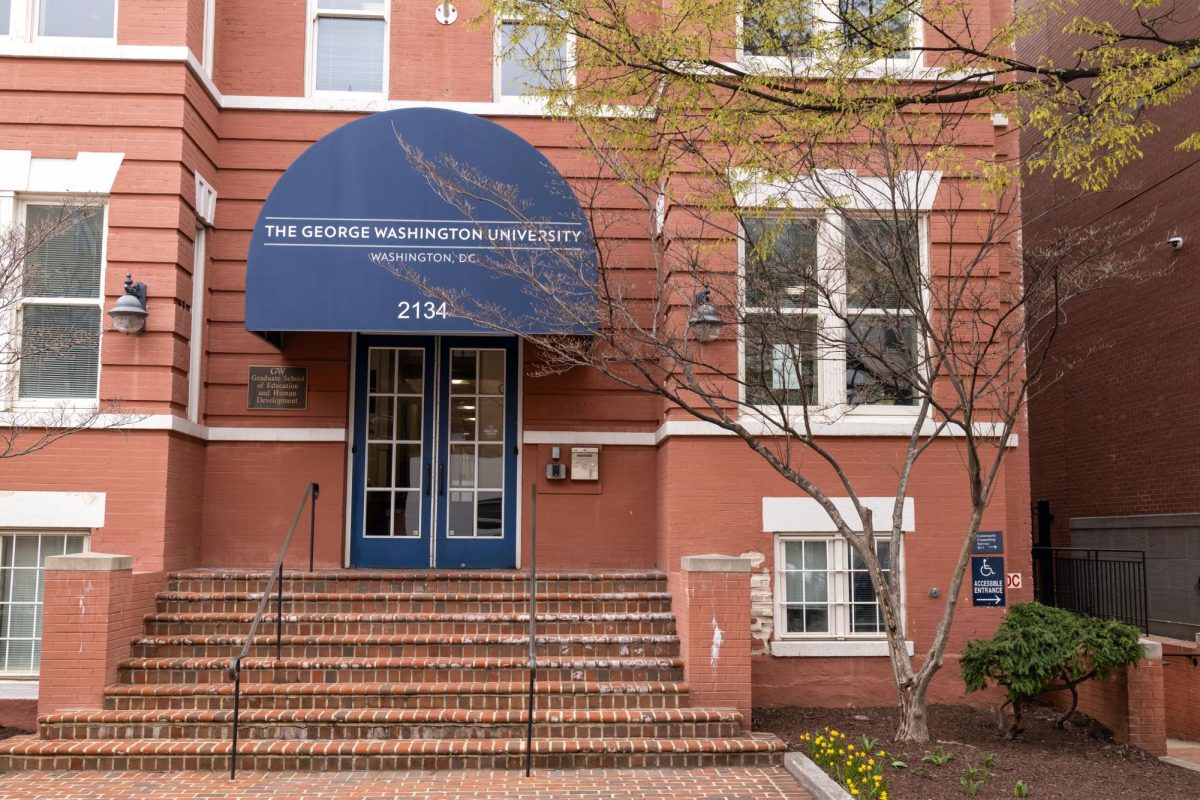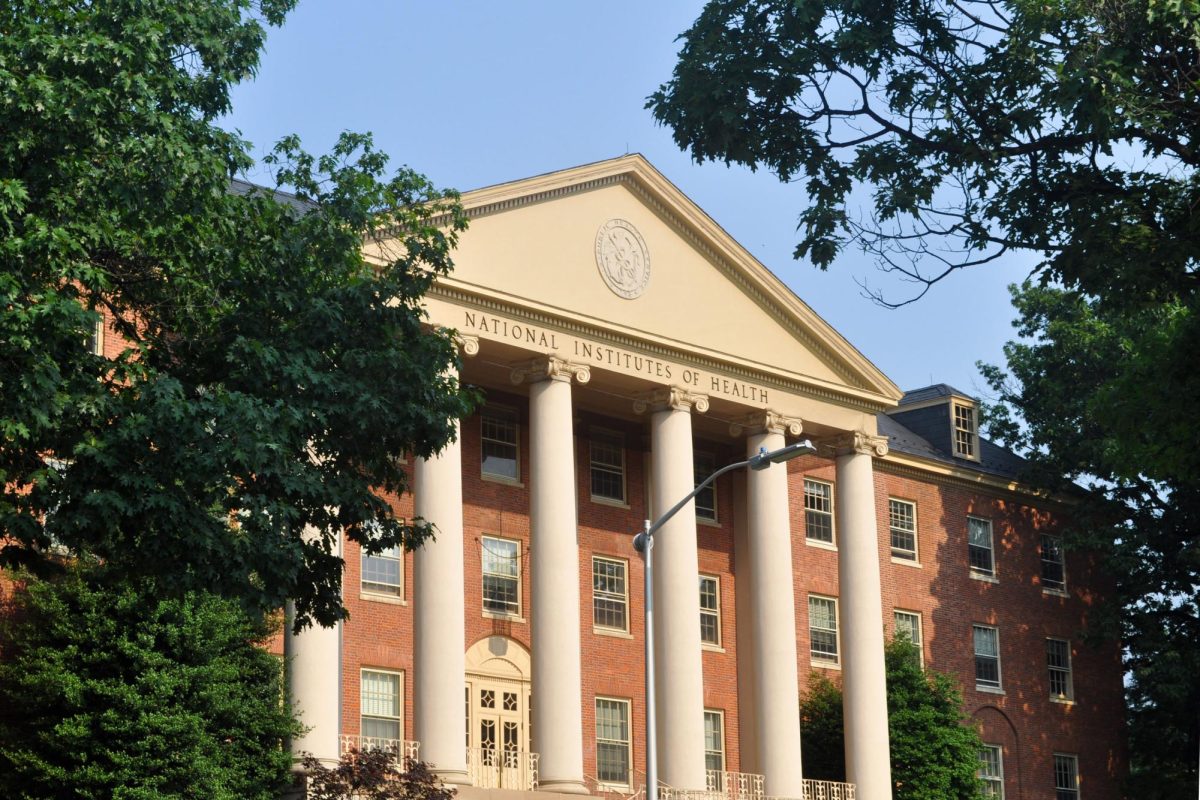Students with no experience in computer science will soon have the chance to learn to code once School of Engineering and Applied Science officials implement two new online programs this fall.
SEAS officials will start accepting applications in June for the two online coding programs – the Gateway to Computer Science Certificate and the subsequent master’s in applied computer science – which will provide students from any major with additional computing skills and career opportunities. John Lach, the dean of SEAS, said officials created the programs because the computer science industry is growing as the world increases its focus on data, technology and computing.
“Traditional computer science degree programs are not able to graduate students at a rate to meet the world’s demand,” Lach said in an email. “As such, it is critical to create more pathways for people to enter the field, including people who study and/or work in other fields, and these two new programs represent one such pathway.”
Lach said software development is the most common entry-level job for new computer science students, but the programs also prepare students for other careers in the IT industry or system administration.
“Students graduating from these programs will have access to the tremendous career opportunities that are available in the field,” he said.
Lach declined to say how the programs are being advertised.
Raul Simha, a professor of computer science, said the four-class Gateway certificate lasts 16 months and will teach students basic coding, featuring introductory programming courses and an introduction to web development class. Upon completing the four core courses in the certificate program, students will be eligible to apply for the master’s program in applied computer science, which includes courses on app development and administrating systems, Simha said.
Simha said the Gateway program is open to all students who already have a bachelor’s degree regardless of their major and requires no previous math or computing experience.
Simha said he has led the development of the two programs for a few years, considering how to ensure content in the programs is understandable without prior math experience. He said the programs will teach students marketable skills, like how to work on various aspects of websites from animation forms to databases and servers.
“The idea is to let students in from various disciplines who may be interested in switching careers or just may want to try to to be the computing person in their discipline,” he said.
Students can also apply for the master’s degree if they have taken the equivalent prerequisite courses as undergraduates, according to the University bulletin. Students who complete the Gateway program and apply to the master’s degree won’t need to submit a Graduate Record Examination, the standardized test often required for entrance to graduate schools, to be accepted into the program.
Simha said the 10 courses in the master’s program will teach students how to work with databases and cloud design and code the user interface to prepare them for careers in computer science.
The Bureau of Labor Statistics predicts the number of computer and mathematical jobs will rise about 12 percent over the next eight years, compared to a total employment growth of only 3.7 percent in the same time frame.
“We want to provide pathways for students toward employment opportunities, and this is where there is significant growth,” Simha said.
He said the two programs will remain permanently online to accommodate students who may be working part-time or full-time jobs while enrolled.
Simha said the master’s program will provide students with capstone courses that will help them build portfolios and work on projects that they can display during job interviews. He said the courses will also include interview preparation and practice problems to help students find a job in software development or IT.
He said learning how to program is like learning how to play an instrument – students can’t do it by themselves without access to tutoring and study halls in moments of difficulty where they get “stuck.”
Computer science experts said the programs can help students improve skills that can be applied to daily life, like list sorting or securely using a computer.
Nasir Memon, the vice dean for student and academic affairs and a professor of computer science and engineering at New York University, said he created the NYU Tandon Bridge program, which helps students without a computer science background transition to a master’s program over 17 weeks.
Memon said programs like the Bridge or Gateway can add another “dimension” to students’ careers since many other disciplines like civil engineering value a base understanding of computer science.
Memon said introductory programs with flexible hours, like those SEAS introduced to accommodate students who work part time, would encourage students to sign up for these programs if they’re looking for extra computational skills. He added that students who enroll should be prepared to work intensely to make up for what they would’ve already done in a bachelor’s program in the field.
“You can now succeed at the master’s level, but you still have to work very, very hard,” he said. “You have to work harder than the person sitting next to you who has a bachelor’s in computer science.”
Kallie Ziltz, a professor of practice in the computer science and engineering department at Lehigh University, said online computer science programs should first explain the most fundamental aspects of computer science instead of having students immediately “jump in” to the difficult concepts.
“Part of what I’ve seen as a student and professor is that some people just need a little reassurance,” she said. “And keeping in mind that just because it’s hard doesn’t mean it’s impossible. You’re changing the way you think about problems and changing the way you approach things.”


